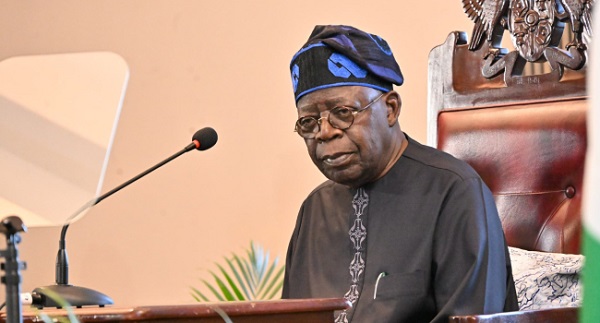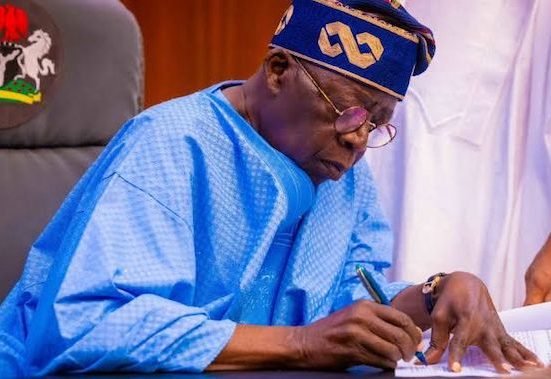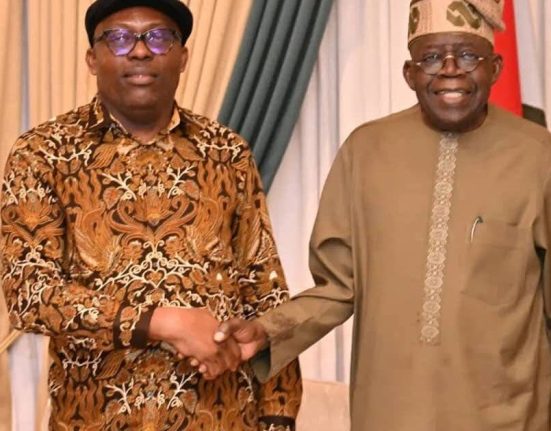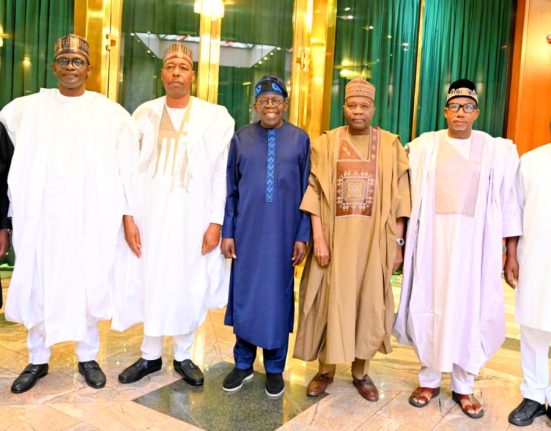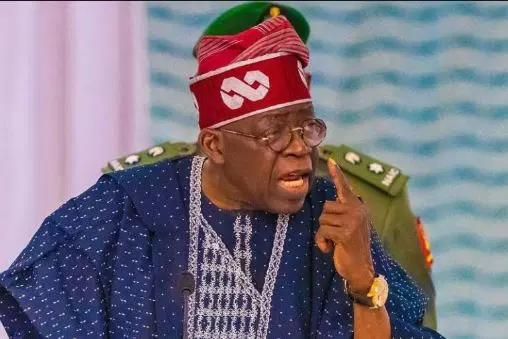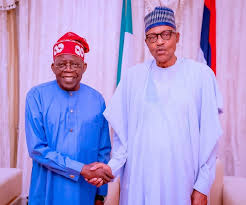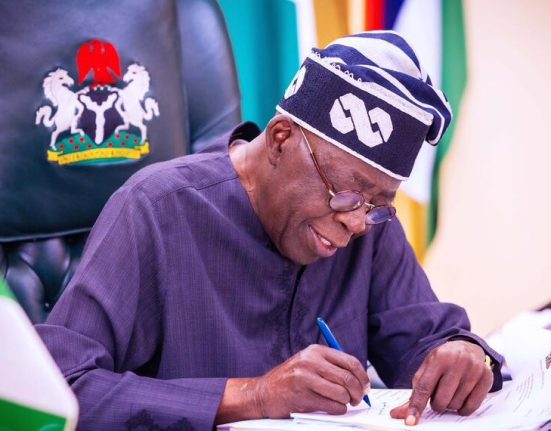President Bola Ahmed Tinubu has disclosed that funds saved from the elimination of petrol subsidies are now being channelled into critical infrastructure development, targeted economic reforms, and social investment programmes aimed at fostering inclusive growth across the country. The President made this known through the Minister of State for Finance, Dr. Doris Nkiruka Uzoka-Anite, during the opening session of the National Conference on Public Accounts and Fiscal Governance held in Abuja.
President Tinubu described the decision to remove the subsidy as a difficult but necessary action taken to correct decades of fiscal imbalance. He noted that in 2022 alone, over ₦4 trillion was spent on fuel subsidies, an amount that exceeded the entire capital expenditure for that year. According to him, the fuel subsidy regime primarily benefited the affluent, encouraged large-scale smuggling across borders, and contributed to financial waste at the expense of the broader population.
“With its removal, we are now investing in transportation, infrastructure, and strengthening fiscal stability,” Tinubu said, assuring stakeholders that the administration is committed to ensuring the judicious use of the savings derived from the subsidy withdrawal.
The President also reaffirmed his administration’s commitment to transparency and accountability, particularly in public finance. He highlighted that new tax laws have been introduced to broaden the national tax base, harmonise multiple taxation regimes, and transition to digital tax collection systems to reduce leakages and enhance efficiency.
In his message, Tinubu urged Nigerians, especially stakeholders in the media, civil society organisations, and the judiciary, to support the ongoing fiscal reforms and governance transformation, stressing that national development requires collective sacrifice and oversight.
Speaking at the same event, the Speaker of the House of Representatives, Rt. Hon. Abbas Tajudeen, represented by the House Leader, Hon. Julius Ihonvbere, expressed concern over unresolved financial discrepancies amounting to over ₦300 billion as flagged in previous audit reports. He called for stiffer penalties against public officers and agencies who fail to account for public funds, while also advocating the adoption of modern auditing systems that ensure real-time financial oversight.
Also weighing in, Senate President Godswill Akpabio, represented by Senator Abdul Ningi, charged the Public Accounts Committees (PACs) of both chambers of the National Assembly to intensify their oversight functions, especially as some government agencies have continued to flout legislative summons without consequences. He called for a culture of compliance, stating that accountability is the bedrock of democratic governance.
Chairmen of the Public Accounts Committees in both the Senate and House of Representatives, Senator Ahmed Wadada and Hon. Bamidele Salam, respectively, echoed similar sentiments. They advocated a comprehensive reset of Nigeria’s fiscal governance framework, one that places emphasis on citizen participation, transparency, and measurable outcomes in budgeting and implementation processes.
The conference concluded with a consensus on the need for stronger institutional collaboration, enhanced performance tracking, and inclusive budget planning. Participants agreed that sustainable national development would remain elusive without a clear commitment to fiscal discipline, responsive governance, and credible public sector management.

